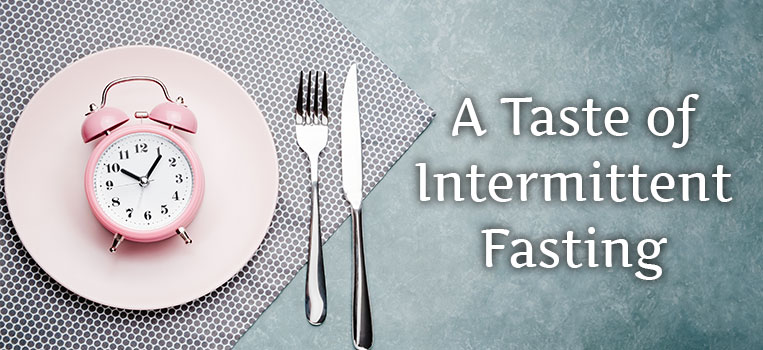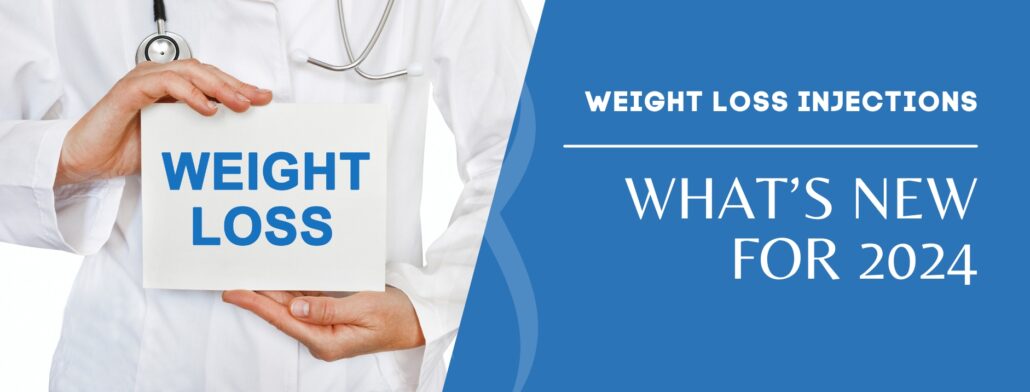You hear the word “fasting” and it probably doesn’t leave a good taste in your mouth. Starvation. Depravation. And it couldn’t be good for you, right? Wrong. If you want to lose weight, intermittent fasting is fast becoming one of the best, healthiest ways to do it. If you struggle with your weight or just find your jeans hard to squeeze into, you’ve probably tried a lot of different diets. And there are some crazy ones out there; juice cleanses, the baby food diet, the vision diet (you eat everything while wearing blue-tinted glasses), even the clip-your-nose-while-you-eat-diet. Hey, we couldn’t make these up if we tried. And with most of them, you’ll quickly gain back what you lost just from even looking at a bagel.
A QUICK LOOK AT HOW INTERMITTENT FASTING WORKS
Intermittent Fasting (IF) is an eating pattern that cycles between periods of fasting and eating. It doesn’t specify which foods you should eat but rather when you should eat them. Studies show that intermittent fasting can be a very powerful weight loss tool. By making you eat fewer meals, intermittent fasting can lead to an automatic reduction in calorie intake, but it also changes hormone levels to facilitate weight loss. In addition to lowering insulin and increasing growth hormone levels, it increases the release of the fat burning hormone norepinephrine. Because of these changes in hormones, short-term fasting may increase your metabolic rate by 3.6–14%. Keep in mind, though; the main reason for its success is that intermittent fasting helps you eat fewer calories overall. If you binge and eat massive amounts during your eating periods, you may not lose any weight at all.
INTERMITTENT FASTING; NOT JUST SUPER FAST, SUPER HEALTHY
While intermittent fasting helps you lose weight, just as importantly, it helps you gain some real health benefits to your entire body, including your brain. It can reduce “bad” LDL cholesterol, blood triglycerides, inflammatory markers, blood sugar and insulin resistance — all risk factors for heart disease. It can also stimulate certain brain hormones and may aid the growth of new nerve cells. It may even protect against Alzheimer’s disease.
FOUR WAYS TO MAKE INTERMITTENT FASTING WORK
There are four different methods of intermittent fasting. The options give you flexibility and allow you to choose the one that will be easiest for you to stick to:
EAT-STOP-EAT
This involves eating nothing for 24 hours twice a week. It does not matter what days a person fasts or even when they begin. The only restriction is fasting must last for 24 hours and on non-consecutive days.
WARRIOR DIET
This entails eating very little for 20 hours each day. A person fasting in this way consumes all their typical food intake in the remaining 4 hours. Eating a whole day’s worth of food in such a short time can make a person’s stomach quite uncomfortable. This is the most extreme fasting method, and a person new to fasting may not want to start with this method.
16/8 (ALSO KNOWN AS LEANGAINS)
Originally created for weightlifters, 16/8 has gained popularity among other people who are interested in fasting. Unlike Eat-Stop-Eat and the Warrior Diet, fasting for 16/8 involves much shorter periods. For example, males who choose this method will fast for 16 hours and then eat what they want for the remaining 8 hours of the day. Females fast for 14 hours and eat what they want for the remaining 10 hours of the day. During the fast, a person must avoid eating any food but can drink as many no-calorie beverages as they like. Many people find the 16/8 method to be the simplest, most sustainable and easiest to stick to. Which is why it’s probably the most popular.
ALTERNATE DAY FASTING; 5:2 METHOD
A person on the 5:2 method eats 500 to 600 calories on two non-consecutive days each week. Some alternate-day fasting regimens add in a third day of fasting each week. For the rest of the week, a person eats only the number of calories they burn during the day. Over time, this creates a calorie deficit that allows the person to lose weight.
THE HEALTHIEST CHOICE YOU COULD MAKE
It’s only natural that you might have questions about intermittent fasting; “Is skipping breakfast healthy? Will I feel sick? Will I be too weak to work? Can I take supplements while fasting? Can I work out? Which method is right for me?” So where do you go to get real answers? Who can you trust to tell you what you need to know? To put what could seem complicated in language that’s easy to understand? That part is the easiest; Thrive HealthSolutions. Thrive specializes in medical weight loss and knows everything about helping you lose weight quickly and even more importantly, safely. With Thrive’s guidance, you can lose from ½ to 1 lb. daily. Without muscle loss, and without affects detrimental to your health. When we say “guidance”, it’s because everyone at Thrive will be there for you from your initial consultation throughout your weight loss journey. Your overall well-being is everything to us. But find out for yourself. Call Thrive for an appointment to find out about intermittent fasting now. You’ll quickly understand you couldn’t have made a smarter choice.










